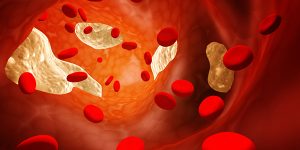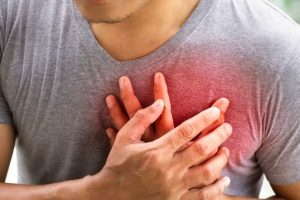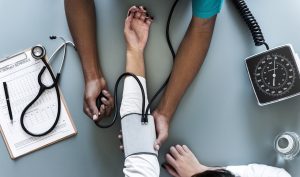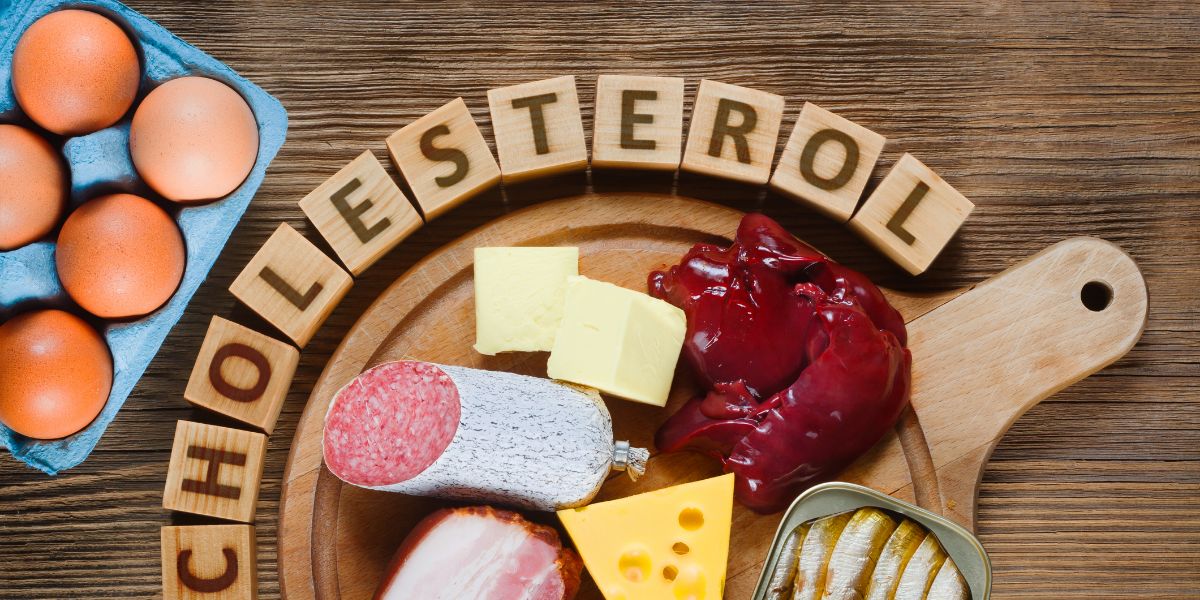High cholesterol is caused by body fat known as Lipids. Its basic required amount is necessary for a body to work properly. It is a lipid, which is a fatty chemical. The body uses cholesterol to make cell membranes, hormones, and vitamin D. There are two primary sources of cholesterol in your blood: Found in food and created by your liver. Hyperlipidemia, which is the increased lipid levels in the blood can have a negative impact on your health. It may not normally create symptoms, but it does increase your chance of significant health problems.
What factors contribute to high cholesterol
If you have elevated cholesterol, many things can raise your chances of having heart problems or having a stroke.

These are some examples which can be the reason for your elevated cholesterol:
- An unhealthy diet with saturated fats
- Smoking – Acrolin, a substance present in cigarette which results in atherosclerosis
- Having diabetes or hypertension (hypertension)
- Having a stroke or heart disease in one’s family
Why should I try to reduce my cholesterol?
High cholesterol levels are firmly linked to an increased risk of:
- Narrowing of the arteries which is called Atherosclerosis. This can lead to heart attack/stroke. This is due to the fact that, it can accumulate in the arterial wall, reducing blood flow to your heart, brain, and the rest of your body. It also increases your chances of having a blood clot somewhere in your body.
- The chance of developing coronary heart disease also grows when your blood’s cholesterol level climbs. During times of stress or physical exertion, this can produce pain in your chest or arm.
When should I have my cholesterol levels checked?

Your doctor may advise you to have your blood cholesterol levels checked if you:
- Having coronary heart disease, a stroke or mini-stroke (TIA), or peripheral artery disease (PAD)
- Have a family history of early cardiovascular disease
- Individuals who are overweight
- Having elevated blood pressure, diabetes, or any health condition that can raise the normal levels
How can I reduce my Elevated cholesterol?
- The first step towards eating a healthy balanced diet which helps you in lowering your cholesterol. It is critical to limit your intake of fatty foods.
- You can substitute fruits, vegetables, and whole grain cereals for foods – with saturated fat.
- Other lifestyle habits, such as regular exercise and quitting smoking, also make a significant difference in lowering your amount of lipids.

If these steps do not lower your cholesterol and you remain at more risk of developing heart disease, your doctor may prescribe a cholesterol-lowering prescription, such as statins.
Symptoms of the Body when your Cholesterol Level is too High
1. Acute coronary syndrome
As you are no doubt aware, this problem will result in heart difficulties. See a doctor if you are serious about improving your quality of life. If you have any of the signs of a heart attack – arm discomfort, shortness of breath, dizziness, and so on – you should seek medical attention as quickly as possible. It’s levels will raise the chance of an attack.
2. Hypertension (high blood pressure)
Elevated blood pressure is also a warning indicator for elevated cholesterol. You should see a doctor as soon as possible to get your blood pressure checked. This will assist you in reducing concerns that may be causing your blood pressure to rise.

3. Diabetes
Diabetes is another typical symptom. It can have a significant impact on your cholesterol levels because it causes the particles to accumulate in the arteries, causing unnecessary damage to your blood vessels.
4. Angina or chest pain
Do you have a lot of chest pain? Don’t just chalk it up to heartburn. Try some heartburn medications, and if the pain persists, you should alter your diet. Frequent chest pain that is not caused by heartburn, on the other hand, is a symptom that you have excessive cholesterol.

5. Stroke
Strokes, as well as general symptoms that you are about to have a stroke, are indicators of High cholesterol. If you are experiencing stroke-like symptoms, it is likely that an artery in your brain has become blocked or restricted. If it becomes completely blocked, you run the danger of having a stroke.



